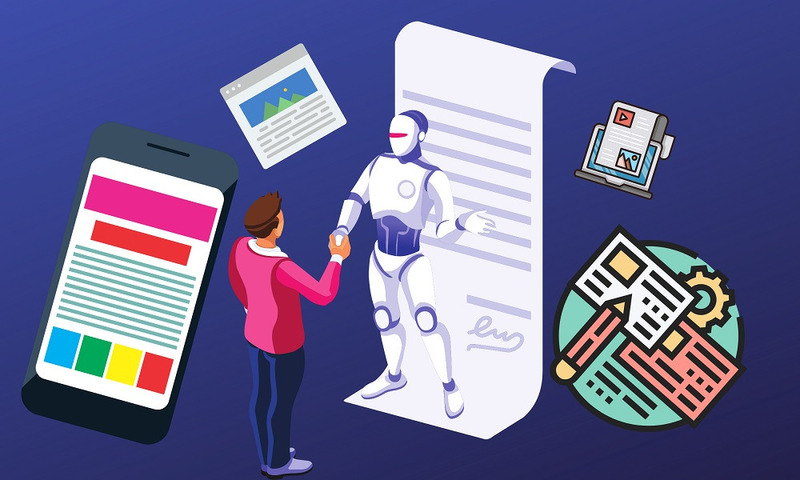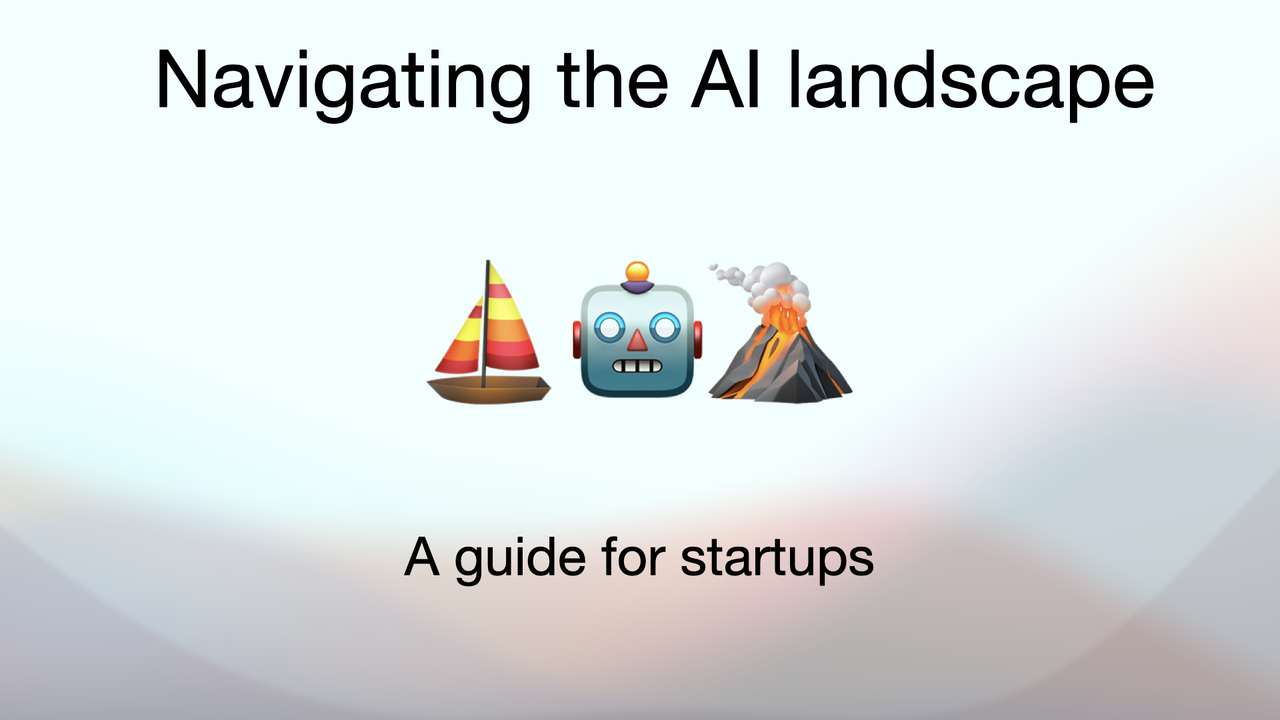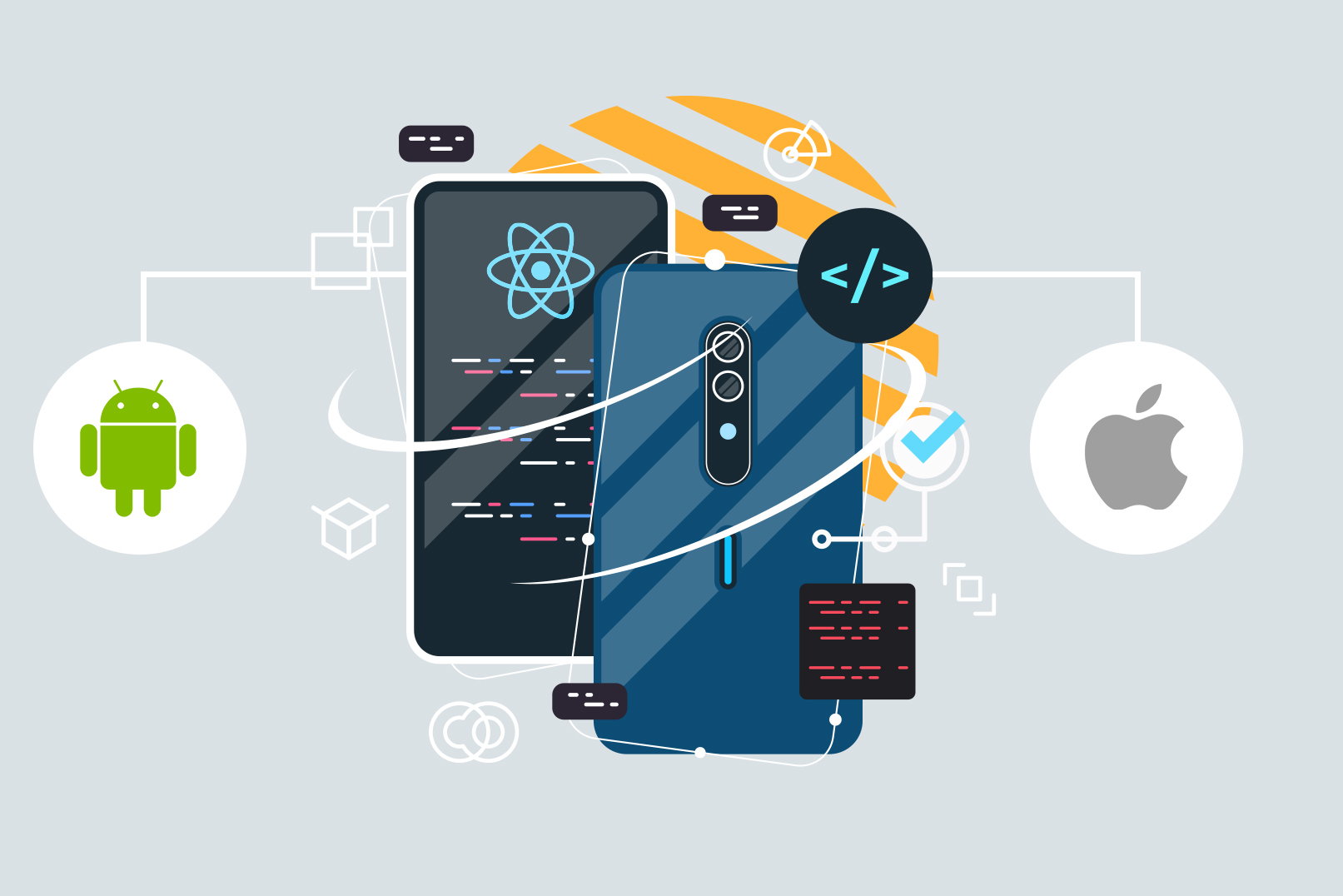
In the fast-paced world of technology, where time is of the essence, harnessing the power of automation has become a game-changer. Python, a versatile and user-friendly programming language, has emerged as a frontrunner for automation tasks, enabling individuals and businesses to streamline workflows and boost productivity. In this comprehensive guide, we’ll explore the benefits of Python automation, essential scripts, top modules, and real-world use cases.

Python for Automation: Unleashing Efficiency
Python automation involves using the Python programming language to automate repetitive tasks, reducing manual workloads, and enhancing overall efficiency. The beauty of Python lies in its simplicity, agility, and the extensive availability of libraries and modules that make automation tasks seamless.
Benefits of Python Automation:
1. Time-saving:
Python automation scripts are a time-saving boon, automating repetitive and time-consuming tasks. By minimizing manual effort, individuals can accomplish more in less time, freeing up resources for more critical activities.
2. Increased efficiency:
Automation scripts in Python reduce errors and enhance task accuracy, leading to increased efficiency and overall productivity. Eliminating manual intervention reduces the likelihood of mistakes, ensuring smooth workflow operations.
3. Task and Workflow Automation:
From simple file manipulations to complex data processing, Python automation can handle a wide array of tasks. Entire workflows, including data cleaning, analysis, and reporting, can be automated, saving valuable time.
4. Code Automation:
Python scripts can automate the writing and execution of code, reducing the time and effort required for developing and testing new code. This accelerates the development process and minimizes coding errors.
5. Data Processing:
Python automation excels in processing large volumes of data quickly and accurately, providing a significant advantage in data-centric tasks.
Getting Started with Python Automation: A Step-by-Step Guide
- Choose an IDE:
Select an Integrated Development Environment (IDE) for Python development. Popular choices include PyCharm, Visual Studio Code, and Spyder. - Learn Python:
Familiarize yourself with Python programming basics through online resources, including free courses, tutorials, and documentation. - Identify Tasks to Automate:
Identify repetitive or time-consuming tasks suitable for automation, such as data entry, file manipulation, or report generation. - Write Your First Script:
Start by creating a simple Python script for the identified task. Utilize online resources for guidance on Python coding. - Test and Refine:
Thoroughly test your script to ensure it works correctly. Refine and optimize the script for improved efficiency and accuracy.
Best Practices for Python Automation:
- Keep it Simple:
Simplicity is key when writing Python automation scripts. Simple code is easier to read, debug, and maintain. - Use Comments:
Include comments in your code to explain its functionality. This enhances readability and facilitates collaboration. - Error Handling:
Incorporate robust error-handling mechanisms in your scripts to prevent crashes and unexpected behavior. - Reusability:
Design scripts with reusability in mind. Create functions and modules that can be utilized across multiple scripts. - Security:
Adhere to best practices for password management and file permissions to ensure the security of your automation scripts.
Top Python Modules for Automation:
- Paramiko:
Ideal for connecting and communicating with remote servers, Paramiko simplifies tasks like file transfers and executing commands securely. - Pandas:
An open-source data analysis library, Pandas excels in manipulating structured data, making it indispensable for various automation tasks. - Selenium:
A powerful tool for web app testing, Selenium allows you to control web browsers, automate repetitive tasks, and conduct comprehensive testing. - JSON:
Python’s built-in JSON module facilitates data interchange between web apps and services, ensuring seamless communication. - Requests:
The third-party library Requests simplifies HTTP interactions, enabling developers to interact with APIs and manage web services effortlessly. - Automagica:
An open-source RPA platform, Automagica offers cross-platform automation capabilities, including PDF manipulation, browser automation, and email management. - PyBuilder:
An automation tool focused on project development, PyBuilder streamlines tasks related to testing, deployment, and project configuration.
Real-World Use Cases of Python Automation:
- Test Automation:
Python is widely utilized for testing software, running tests, and identifying bugs. Popular testing libraries like Pytest and unit test make continuous integration pipelines efficient. - Web Scraping:
Python’s automation prowess shines in web scraping, extracting valuable information from websites quickly and efficiently. - Email Automation:
Automating email sending tasks becomes seamless with Python, leveraging libraries like ‘smtplib’ to send emails programmatically. - Data Compilation:
Python’s capabilities extend to fetching and compiling data from various sources, saving time and reducing errors in data-intensive tasks. - Report Generation:
Generating reports manually can be time-consuming. Python scripts can automate report generation, saving time and ensuring consistency.
Conclusion: Empowering Productivity with Python Automation
In a world where time is a precious commodity, Python automation emerges as a powerful ally for individuals and businesses. By adopting Python for automation, you can unlock unparalleled efficiency, streamline workflows, and focus on what truly matters. Whether you are a novice or an experienced developer, Python’s simplicity and versatility make it an ideal choice for boosting productivity.
At Brand Boost Up, we understand the transformative power of Python automation. As a one-stop solution for all your technology needs, we provide comprehensive IT courses, expert instructors, and cutting-edge technology to propel your skills and career forward. Whether you are diving into artificial intelligence, data science, or web development, our platform ensures you get the training and support you need to succeed in the dynamic tech industry. Keep learning, keep growing with Brand Boost Up.





